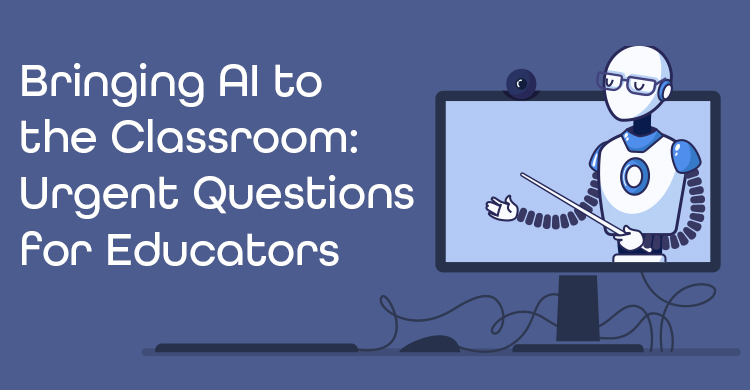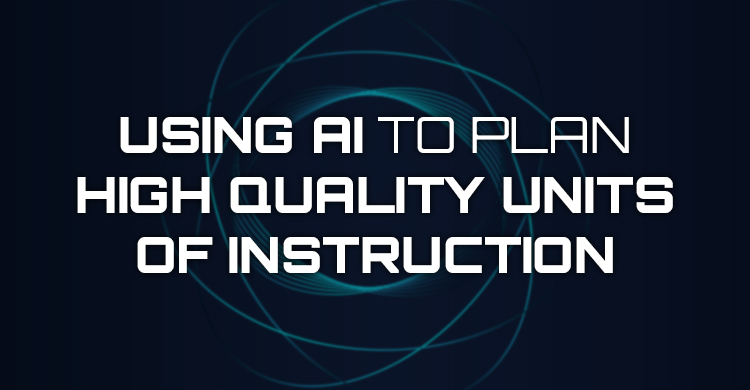One of the things that I’m proudest of is that I refuse to STOP reading about the changing nature of the world around us.
Books like these serve as a constant source of professional validation and challenge to me. Just as importantly, they serve as an excuse to escape from the instantness of everyday life. Instead of constantly responding—to emails, to questions from kids, to items on my to-do list, to meetings and phone calls and personal and professional calendar entries—I can dig deeply and think deeply and wrestle with my core beliefs about just what learning and leadership and success look like in today’s rapidly changing world.
That’s important stuff, y’all. It’s impossible to grow until we make the time to stretch.
The challenge, though, is figuring out just what to read, right?
So let me help. Here are three books that have changed who I am as a practitioner and a professional:
Why School? by Will Richardson—For the better part of a decade, Will Richardson has been challenging my thinking about teaching and learning. He’s passionate about the notion that today’s learning spaces are often completely irrelevant to students, a result of our attempts to respond to the simplistic attempts to “hold schools accountable” rolled out over the past 20 years. In Why School?—a 50-page ebook written for both parents and practitioners that I read in just over an hour—Will makes a clear case for the reasons that schools need to change and then describes the kinds of learning spaces that our students really deserve.
A More Beautiful Question by Warren Berger—I completely dig books about innovation in the business world. The way I see it, schools can learn a ton of lessons about driving change by looking closely at companies that are succeeding in a world of almost constant disruption. In A More Beautiful Question, Warren Berger examines the role that questioning can play in supporting innovation. He shares case studies of the kinds of questions that birth the most successful businesses and then introduces readers to the kinds of tangible steps that they can take to become more effective questioners. What I love about A More Beautiful Question is that the lessons I’ve learned made their way into the work that I do both within and beyond the classroom almost immediately. Berger makes change seem doable, and that matters.
Here Comes Everybody by Clay Shirky—Here Comes Everybody was the first book that I read about the role that new technologies are playing in changing the way that we work and learn and live—and I find myself coming back to it time and again. Through engaging examples—think parading mermaids, LOLCats, and Belarusian protesters—Shirky shows readers how new services are making fundamental behaviors like sharing, cooperation, and collective action easier for everyone, regardless of what we are interested in and/or passionate about. Although it was written way back in 2008, Here Comes Everybody is a fantastic primer for anyone interested in understanding the impact that digital tools have had on group behaviors.
Any of these titles sound good to you? More importantly, what books have changed your practice?
Let’s build a must-read list together in the comment section.
[author_bio id=”413″]







One thought on “Three Books That Every Educator Should Read”